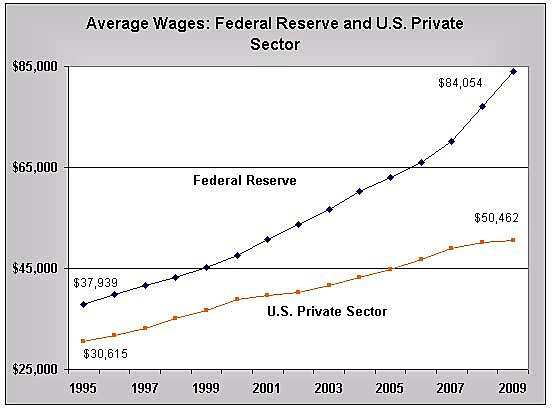I’m fond of saying that lawsuits don’t proceed at Internet speed — meaning that people are disappointed when I tell them that a new constitutional challenge to uphold property rights or free speech or individual liberty generally will take years to get through the courts, or that we’ll have to wait several months for a court to issue an opinion in some front-page case. But lately it does seem that developments from the ongoing legal challenges to Obamacare are coming faster and faster, as if the train has now left the station and, to badly mix metaphors, it’s snowballing to an eventual collision at the Supreme Court.
That “gaining speed” phenomenon is mainly coincidence — given the more than 20 Obamacare lawsuits out there, briefing schedules, hearings, and rulings are bound to overlap at some point — but it has been interesting to compare and contrast the events of the last 10 days. To recap some of the high points, this summer Judge Henry Hudson denied the government’s motion to dismiss Virginia’s law suit (read my comments here and Cato’s brief here). Then two weeks ago, Judge George Steeh granted a similar motion in a case brought by the Thomas More Law Center in Michigan — in a cursory opinion I react to here and critique in this op-ed.
Last Thursday, Judge Roger Vinson issued a 65-page opinion allowing most of the lawsuit brought by 20 states, the National Federation of Independent Business, and two individuals to proceed (my reaction here). This is an important ruling spelling out the unprecedented nature of the power Congress purports to assert here, with the individual mandate of course but also in potentially commandeering state officials and coercing them with strings attached to Medicaid funds and other regulatory burdens.
Finally, yesterday Judge Hudson held a hearing in Richmond on the parties’ cross-motions for summary judgment — which means both sides agree that no material facts are in dispute and the court should go ahead and rule on the law without having a trial. (Cato filed a brief for this stage of proceedings as well.) By all accounts, the hearing went well for Virginia; Judge Hudson was skeptical of the government’s argument that individual decisions not to enter the insurance marketplace was the sort of “local economic activity that has a substantial effect on interstate commerce” that the Supreme Court has said marks the outer bounds of Congress’s power under the Commerce Clause. The judge also indicated that he would issue an opinion by the end of the year.
This is all heartening news — the courts that are seriously grappling with these lawsuits (and especially the highest profile cases brought by the 21 states) actually think the Constitution places limits on federal power. Then again, I can’t believe that question is even up for discussion! Stay tuned — and keep track of all the lawsuits at healthcarelawsuits.org.
